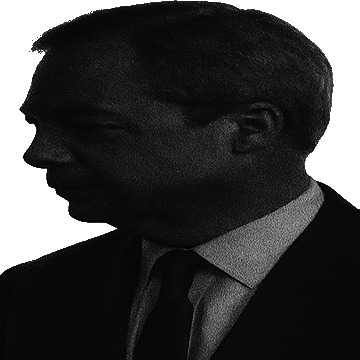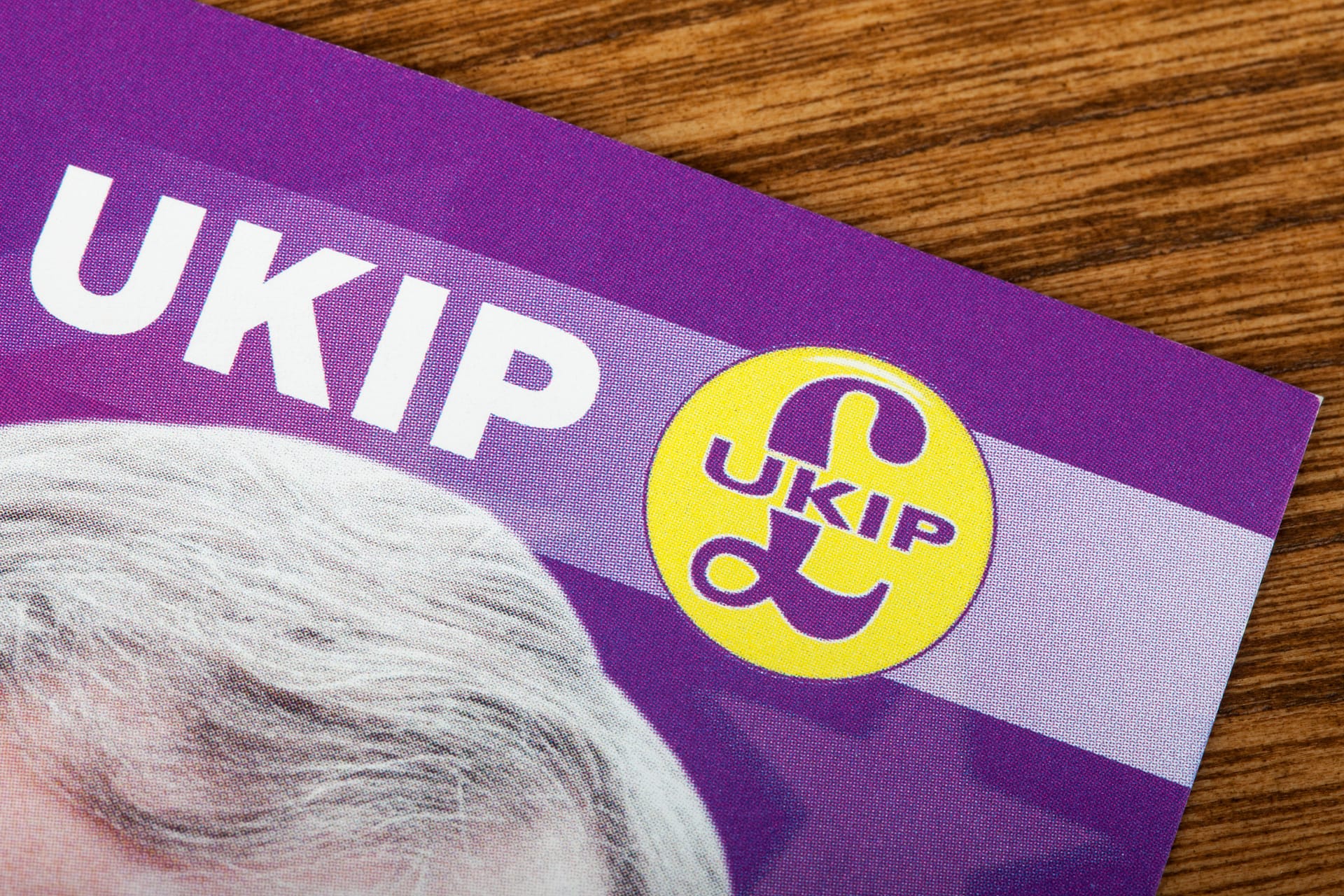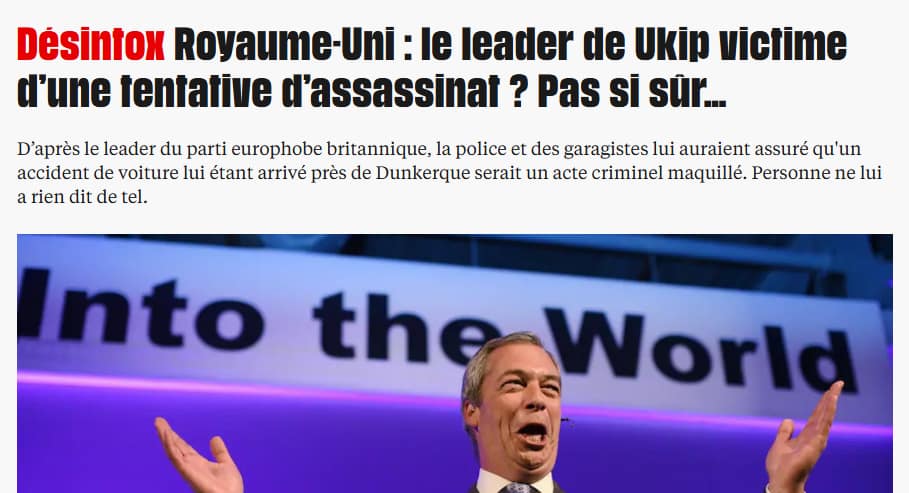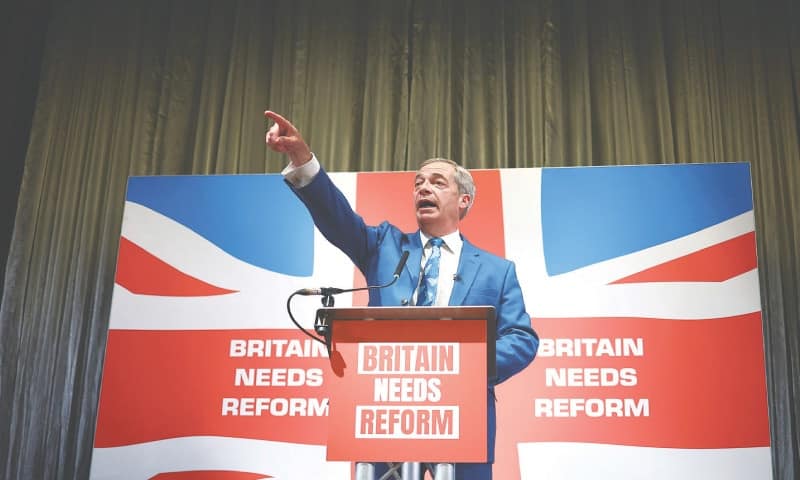Few British politicians divide opinion as sharply as Nigel Farage. To supporters, he is a plain-speaking patriot; to critics, a populist who plays with racial stereotypes. Farage has repeatedly rejected accusations of racism, saying he opposes prejudice but stands for “honest talk” about immigration and identity. But what do his own words actually show? Here, we examine public statements, controversies, and how Farage himself answers the charge.
His days at Dulwich College
There has been a long-standing controversy over what a school-aged Nigel Farage may or may not have said or done while a pupil at top public school Dulwich College. A seperate blog on these allegations can be read here. While the allegations of singing Hitler Youth songs or making racist comments may be disturbing at face value, some would argue that childhood actions are often left behind in adulthood. Nevertheless, the allegations have gained much media attention prompting Farage to address them with a national news broadcaster on 24 November 2025.
2014: “Uncomfortable” with foreign voices on the train
During the 2014 European election campaign, Farage told the LBC phone-in programme that he sometimes felt “uncomfortable” when hearing only foreign languages on London trains.
Critics said the remark echoed nativist fears; Farage replied that he was describing a “loss of community cohesion,” not race. Guardian, 16 May 2014
Alan Sked: founder of UKIP
It was also in 2014 that Alan Sked, the founder of UKIP, gave his own thoughts on Nigel Farage in an interview with The Guardian. Sked recalled a discussion he had had with Farage over the selection of candidates for the 1997 general election. Referring to Farage, Sked recalled, “He wanted ex-National Front candidates to run, and I said, ‘I’m not sure about that,’ and he said, ‘There’s no need to worry about the nigger vote. The nig-nogs will never vote for us.” Farage denied ever using this language, labelling the allegations ‘absurd’.
2016: Controversial poster campaign
On the eve of the 2016 EU referendum, UKIP unveiled the “Breaking Point” poster showing migrants walking through Europe. The image drew condemnation across the political spectrum, with then-Chancellor George Osborne calling it “vile.” Farage defended it, telling BBC News (17 June 2016) the poster was “a hard truth about uncontrolled migration.” He denied racism, saying it depicted “what is actually happening.” The Electoral Commission later ruled the image was not illegal but “highly divisive.”

2017: Comments on immigration and Islam
Appearing on Channel 4 News, Farage said Britain had “a fifth column of Islamic extremists,” adding that most British Muslims were “decent people” but that security agencies should “root out hatred.”
Supporters said he voiced legitimate security concerns; opponents argued he stigmatised an entire faith.
Independent, 18 Nov 2015
2018–2020: Defending free speech
In later interviews, Farage cast accusations of racism as political censorship. He told BBC Radio 4’s Today programme (2018) that Britain was “too quick to shout ‘racist’ at anyone who questions immigration.”
Writing for The Telegraph he said: “I oppose racism in all its forms, but I won’t be bullied out of talking about who we are as a country.”
How he is classified by researchers
Political scientists generally describe Farage as a right-wing populist rather than a racial nationalist.
The London School of Economics blog (2019) notes that his rhetoric focuses on national sovereignty and immigration control, not ethnicity per se, but that his framing “normalises exclusionary politics.”
2023–2025: Reform UK and “colour-blind meritocracy”
Since leading Reform UK, Farage has promoted what he calls a “colour-blind meritocracy.”
He told GB News in 2023 that Britain should be “one nation under the law, without positive discrimination or racial division.” Critics said the line dismissed structural racism; Farage replied, “Treat people as equals — that’s the true anti-racism.”
Analysis: Tone and impact
Farage’s language about immigration and culture often echoes right-wing populist themes seen elsewhere in Europe. His public statements rarely use overtly racist terms, yet they centre on cultural threat and national decline — frames that scholars link to “racialised” politics. The debate, therefore, hinges less on intent than effect: whether his words amplify existing prejudice or express mainstream nationalism.
Final thoughts
Nigel Farage denies being racist and insists he speaks for ordinary Britons. Critics see his rhetoric as divisive and racially coded. The record shows a consistent pattern of appealing to identity and border control themes while rejecting explicit racism. Ultimately, the question of whether Farage is “a racist” depends on how listeners interpret those boundaries between culture, nation, and race.



